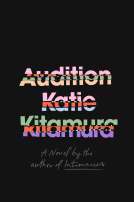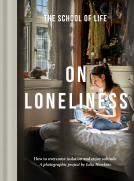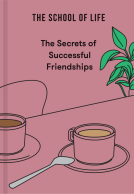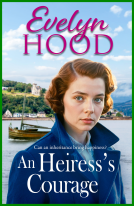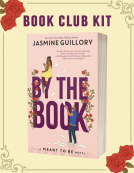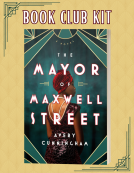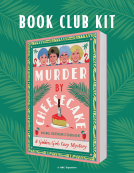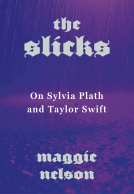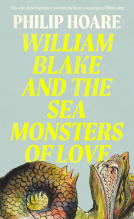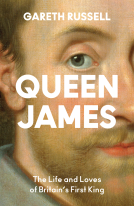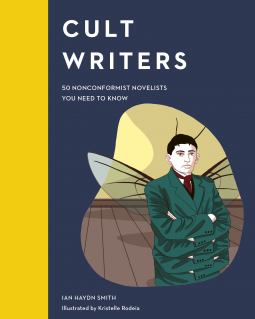
Cult Writers
50 Nonconformist Novelists You Need to Know
by Ian Haydn Smith
This title was previously available on NetGalley and is now archived.
Send NetGalley books directly to your Kindle or Kindle app
1
To read on a Kindle or Kindle app, please add kindle@netgalley.com as an approved email address to receive files in your Amazon account. Click here for step-by-step instructions.
2
Also find your Kindle email address within your Amazon account, and enter it here.
Pub Date 9 Jun 2020 | Archive Date 11 May 2020
Quarto Publishing Group - White Lion Publishing | Frances Lincoln
Talking about this book? Use #CultWriters #NetGalley. More hashtag tips!
Description
Whether pioneering in their craft, fiercely and undeniably unique or critically divisive, cult writers come in all shapes and guises. Some gain instant fame, others instant notoriety, and more still remain anonymous until a chance change in fashion sees their work propelled into the limelight.
Cult Writers introduces 50 novelists deserving of a cult status. The literary genres and subjects explored within these writers’ pages are rich and diverse – acting as mirrors of their genius minds. FromIrvine Welsh’s gritty Edinburgh streets, to Ken Kesey’s drug-fuelled madness; from feminist trailblazer Sylvia Plath to the magical realism of Angela Carter – discover little knowns with small, devout followings and superstars gracing the covers of magazines. Each writer is special in their individuality and their ability to inspire, antagonise and delight.
Cult Writers is an essential addition to any book lover's library, as well as an entertaining introduction to our weird and wonderful world of literature.
Also in the series: Cult Artists, Cult Filmmakers + Cult Musicians
The writers:
Kathy Acker, James Baldwin, J.G. Ballard, Mikhail Bulgakov, Charles Bukowski, William S. Burroughs, Octavia E. Butler, Italo Calvino, Albert Camus, Angela Carter, Colette, Maryse Conde, Julio Cortazar, Philip K. Dick, Douglas Coupland, Marguerite Duras, Ralph Ellison, Elena Ferrante, Janet Frame, Jean Genet, Joseph Heller, Michel Houellebecq, James Joyce, Franz Kafka, Ken Kesey, Chris Kraus, Milan Kundera, Ursula K. Le Guin, Doris Lessing, Cormac McCarthy, Carson McCullers, Yukio Mishima, Haruki Murakami, Anais Nin, Sylvia Plath, Thomas Pynchon, Raymond Queneau, Ayn Rand, Pauline Reage, Jean Rhys, Juan Rulfo, Francoise Sagan, J.D. Salinger, Arkady and Boris Strugatsky, Donna Tartt, Jim Thompson, J.R.R. Tolkien, Kurt Vonnegut, Virginia Woolf, Irvine Welsh.
Available Editions
| EDITION | Other Format |
| ISBN | 9780711250642 |
| PRICE | US$16.99 (USD) |
| PAGES | 144 |
Average rating from 30 members
Readers who liked this book also liked:
The School of Life
Health, Mind & Body, Parenting & Families, Self-Help
We Are Bookish
General Fiction (Adult), Romance, Women's Fiction
We Are Bookish
Historical Fiction, Literary Fiction, Multicultural Interest
We Are Bookish
General Fiction (Adult), Mystery & Thrillers
Philip Hoare
Arts & Photography, Biographies & Memoirs, Nonfiction (Adult)

